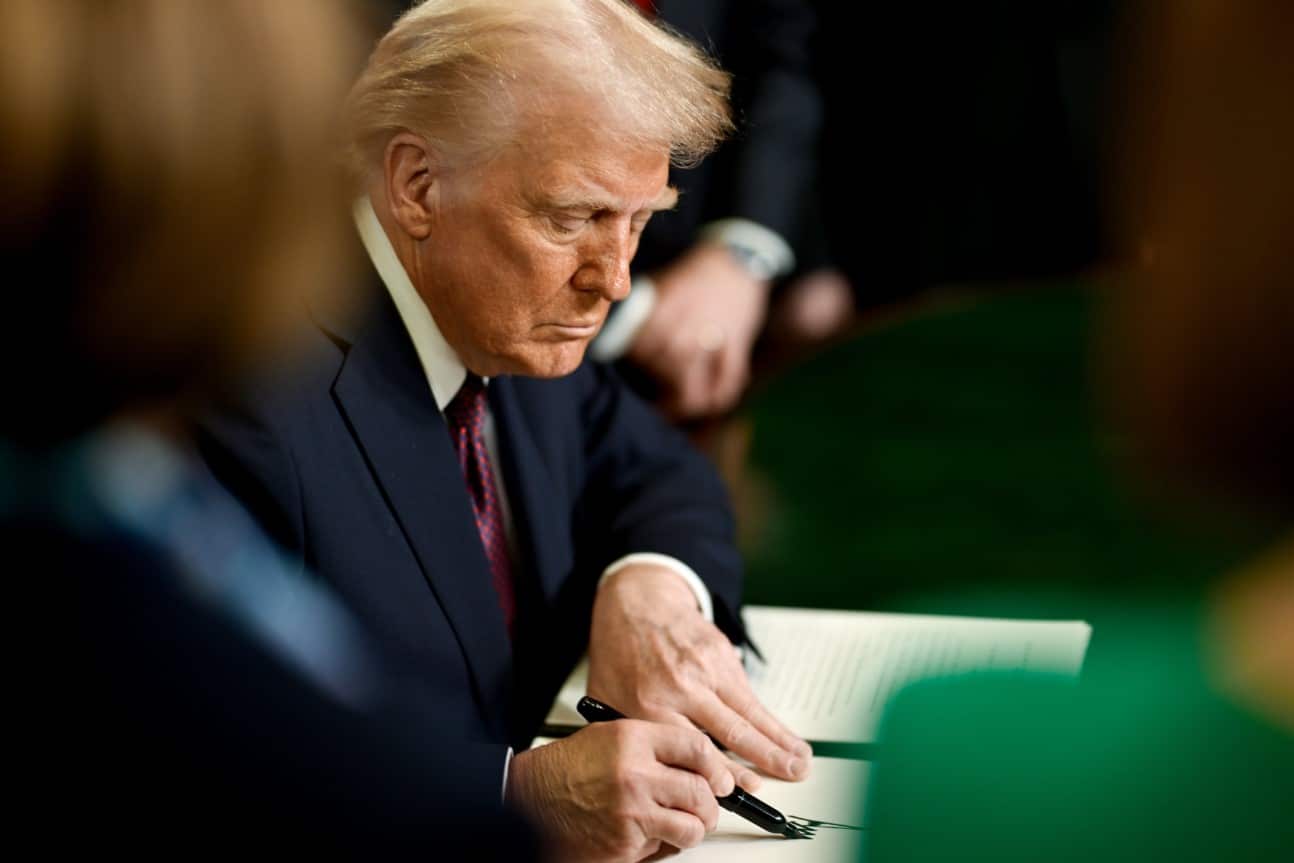Trump Unleashes Major Sanctions on Russian Oil Giants

In a decisive move, President Donald Trump has enacted sweeping sanctions against Russia’s largest oil producers, Rosneft and Lukoil, in an effort to compel Moscow to engage in peace negotiations regarding its ongoing conflict in Ukraine. During a press conference in the Oval Office with NATO Secretary General Mark Rutte, Trump emphasized the necessity of these measures, citing President Vladimir Putin’s lack of commitment to a peaceful resolution. The sanctions, described by Trump as “tremendous,” are the most extensive energy penalties since he resumed office.
Details of the Sanctions
The newly imposed sanctions block Rosneft, Lukoil, and numerous subsidiaries from accessing U.S. banks and conducting dollar transactions. U.S. Treasury Secretary Scott Bessent stated, “The time has come to stop the killing and for an immediate ceasefire.” He further explained that these sanctions target the financial resources fueling the Kremlin’s military efforts, highlighting the U.S. government’s readiness to take additional measures if necessary. Trump also announced the cancellation of a planned meeting with Putin in Budapest, expressing frustration over the stalled diplomatic talks.
Hapag-Lloyd hails delivery of another LNG dual-fuel 23,600 TEU giant
In a parallel development, the European Union is set to implement its 19th package of sanctions, which will notably include measures against four Chinese firms accused of assisting Russia in evading oil export restrictions. This package will introduce a phased ban on Russian liquefied natural gas (LNG) imports starting in January 2027 and will target the so-called shadow tanker fleet. The EU’s draft declaration proposes “pre-authorized boardings” in collaboration with the flag states of vessels transporting Russian oil under false pretenses.
Last week, the UK government also intensified its sanctions against Russia’s energy sector, directly targeting Rosneft and Lukoil, as well as four Chinese oil terminals and 44 vessels from Russia’s shadow fleet. The number of sanctioned vessels globally has surged from approximately 350 in September 2020 to around 1,700 by September 2025, according to maritime analytics firm Kpler. This increase reflects a growing coordination between the UK and the EU in their sanctioning efforts, marking a significant shift in international response to Russia’s actions.
